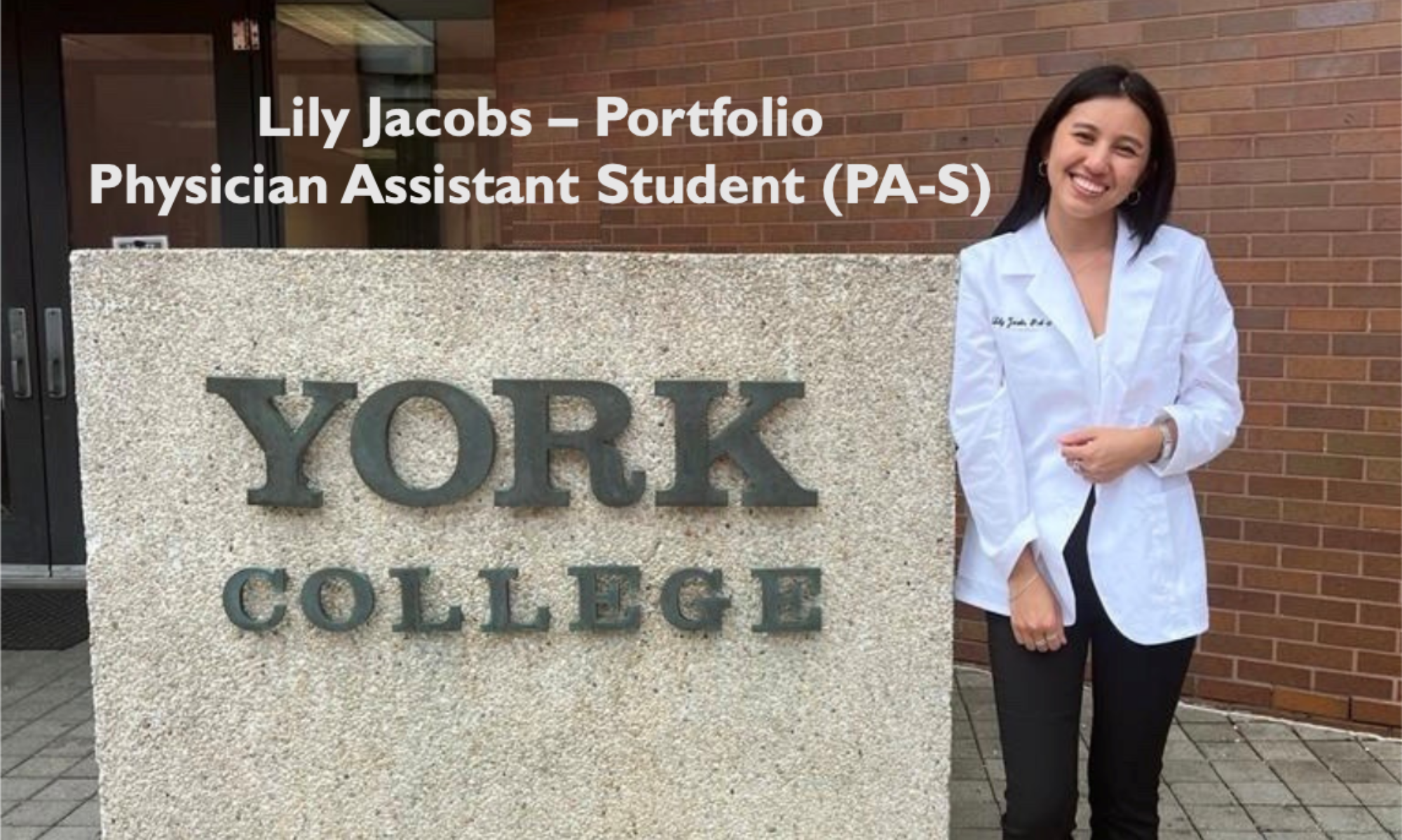I was really excited to start my Psychiatry rotation because it offered a unique opportunity to delve into the complexities of the human mind and behavior. Through this experience, I gained a deeper understanding of mental health conditions and learned to provide compassionate care to patients facing various challenges. I primary was just speaking to the patient, as opposed to performing any physical exams, which helped me improve my communication skills and developing different approaches to the patient that considers both the psychological and physical aspect of their well-being. It was great to work alongside other experienced PAs, physicians, and nurses, and see the different approaches to these patients.
I have never been in a type of environment where I was working with patients suffering from mental illness and substance use, and I think at the end of the rotation, it has made me more sympathetic towards them. Speaking to their families and reviewing their histories in their charts, gave the person more of a story and not just someone who was acting bizarre in public. It made me root for these patients, to be compliant with their medications and attend the outpatient services arranged for them to get better; however, it just highlights the difficulty in treating mental illness, that even if everything is set up for them, many still do not comply and end up back in the hospital. Speaking to the families and seeing them struggle was just as emotional as seeing these patient’s struggle. A handful of parents had expressed their wanting for their child to stay in CPEP overnight because they needed a break or felt unsafe with their child coming home. One particular situation that made me feel particular emotional was a case of 19 year old boy who had become increasingly aggressive and physical due to substance use. She wanted him to be admitted to inpatient as she felt unsafe with him coming home, but he didn’t meet the criteria to be admitted and the attending had decided he was to be discharged. We told her he could either go home with her or we could arrange for transportation to a shelter. After going back and forth a couple of times, she ultimately decided to take him home because she felt she was abandoning him by sending him to the shelter. The only thing we could do was tell her to call 911 if he became aggressive again or to become his proxy so she can make decisions for him. The patient ended up back in the hospital for being physically aggression the following week.
Patience proved to be paramount in this field, as progress is not predictable. Not only throughout the day with patients that would be yelling the whole day, patients that would tap on the plexiglass every 10 minutes asking when they were going to be discharged, and patients that would refuse to talk to you, but with patients that were regular visitors to CPEP. There were a handful of patients that had come back multiple times during my 5 week rotation there. There was one lady who had stayed overnight in CPEP after being found in an apartment with a friend who had died from an opioid overdose. She left the following day with her mother, only to return a couple of hours later after overdoing again on opioids. Maintaining a nonjudgmental approach and providing consistent support can greatly enhance therapeutic relationships and contribute to better outcomes for the individual.
One skill that I notably strengthened and I believe will be helpful in my future rotations is the ability to gather information based on observation alone. At the beginning it was unexpectedly difficult to concentrate on what they were saying, which was at times confusing, at the same time as noting their appearance and behavior. I was asked a handful of times to fill out mental status exam for the providers and would find myself unsure about certain parts, even if I was the one who interviewed the patient. As I started to get more familiar with the different parts of the mental status exam, it became easier for me to know what to look for and to note the patient’s thought process and content, their attentiveness during the interview, their affect, their mood, their body movements etc. The terminology also was becoming more familiar to me, such as what pressured speech, thought blocking, or flat affect meant, which helped me more accurately fill out the mental status exam. This exam is crucial in assessing a person’s cognitive, emotional, and behavioral function, which provides valuable insights into the patient’s mental health. In any medical field, it will help me be able to identify potential psychiatric disorder, gauge the severity of symptoms, and formulate accurate diagnosis, ultimately guiding the development of appropriate treatment plans to improve the patient’s well-being.
One aspect that I found particularly difficult was knowing what to believe when it came to what the patient was telling the interviewer compared to the parents stories, but I feel that it is a skill that comes with experience. There were a handful of times where the provider wouldn’t believe the symptoms that the patient was reporting, that was not obvious to me. I believe that as a healthcare provider, it is crucial to approach the patient’s story with an open mind and without preconceived biases, especially if they have a past medical history of mental illness. Believing the patient’s account is essential in establishing trust and understanding their unique experiences and needs, however, it is still important to stay cautious for malingering behavior. While considering the parents’ perspective is important, it is equally vital to recognize that the patient’s firsthand account can provide valuable insights into their mental health journey and help tailor the most appropriate and effective treatment plan.


